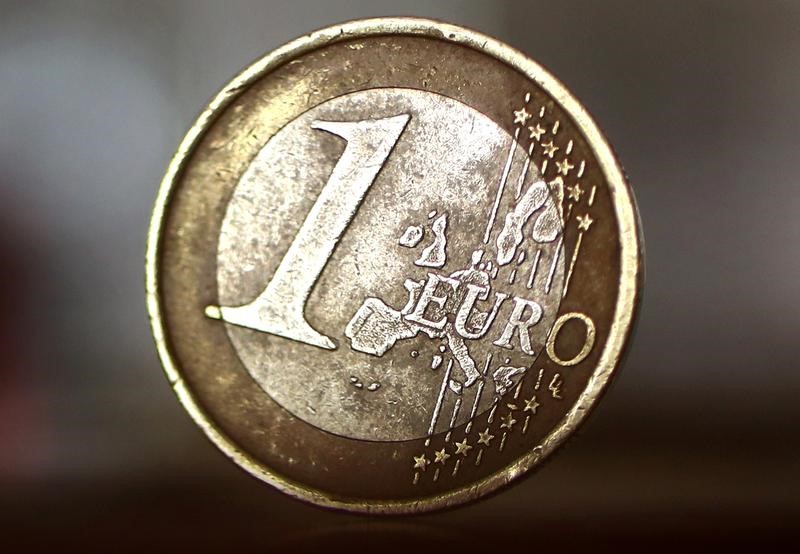Investing.com - The euro was little changed against the U.S. dollar on Thursday as investors’ awaited fresh cues from the European Central Bank on the future of its stimulus program while the yen dipped after the Bank of Japan kept monetary policy steady.
EUR/USD was trading at 1.1510 by 03.48 a.m. ET (07.48 a.m. GMT), not far from Wednesday’s 14-month highs of 1.1582.
Anticipation was building ahead of the meeting after ECB President Mario Draghi sent the euro higher with hawkish comments on the euro zone recovery in a speech in Sintra, Portugal late last month.
The remarks appeared to signal a shift towards tapering monetary stimulus, but Draghi also reiterated that any changes to the stimulus program will be “gradual” and “cautious.”
The ECB is facing a balancing act between reducing stimulus as the economy strengthens while markets remain jittery and inflation remains below the bank’s target of close to, but just under 2%.
The risk is that the process of scaling back stimulus could spark a ‘taper tantrum,’ sending the euro and borrowing costs higher, effectively choking the recovery.
The yen slipped lower against the dollar, with USD/JPY rising 0.18% to 112.14 after the BoJ said that inflation risks were skewed to the downside, reinforcing expectations that it will lag other central banks in tightening monetary policy.
The U.S. dollar index, which measures the greenback’s strength against a trade-weighted basket of six major currencies, was up 0.15% to 94.78, still not far from the 11-month low of 94.27 touched on Tuesday.
The dollar has come under pressure amid mounting speculation that the subdued inflation outlook will undermine that case for the Federal Reserve to raise interest rates once more this year as policymakers have indicated.
The prospect that other central banks may join the Fed in policy tightening has also fed into dollar weakness.
The dollar has also been pressured lower as failed attempts by Republicans to reform healthcare indicated that President Donald Trump’s other legislative efforts, such as overhauling the tax code and implementing fiscal stimulus could face difficulties.
Meanwhile, the Australian dollar slipped lower, with AUD/USD down 0.28% to 0.7929 as investors took profits after the Aussie hit a two-year high of 0.7988 overnight, boosted by an upbeat domestic jobs report.
